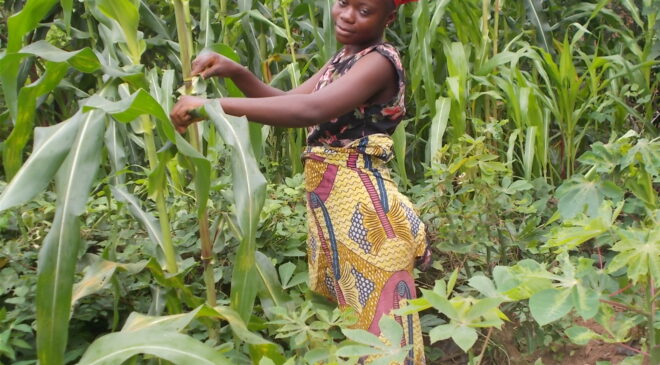
A Young Small Farmer
By Badylon Kawanda Bakiman
Since several years, The International Institute of Tropical Agriculture (IITA), a non-profit institution
that generates agricultural innovations to meet Africa’s most pressing challenges of hunger, strives, among its activities, to increase food and nutrition security. The goal achievement calls for youth commitment and engagement that become more than important.
The news has been discovered during a virtual training for intermediaries that took place from 19 to 24 October 2020.
The event was organized by ‘’Enhancing capacity to apply research evidence in policy for youth engagement in agribusiness and rural economic activities in Africa’’ (CARE), project from IITA, in collaboration with the Inter Press Service (IPS), an international news agency.
According to a CARE presentation, ‘’the African youth population is projected to increase throughout the 21st C, doubling by 2045. There are approximately 11-12 million youth entering the labor force every year in Africa-whereas only three million jobs are created annually’’.
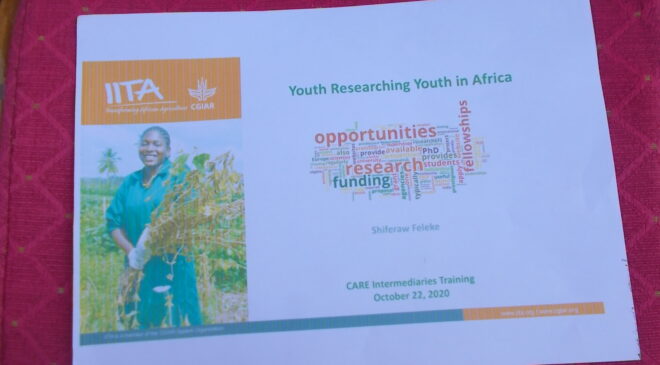
An IITA’s Presentation
The same presentation adds: ‘’Africa’s youth of today are better educated, better connected. Take advantage of current agricultural research, ICT and other digital apps. View agriculture as a business. Agriculture as a business offers significant youth employment opportunities. A strong involvement of Africa’s youth in agribusiness and other rural economic activities is crucial’’.
Agribusiness increases the added value of raw materials, strengthens local rural economies, food security and nutrition improving the quality of life in many homes at risk of exclusion and vulnerability, economists say.
According to the Food and Agriculture Organization of the United Nations, Agriculture is the economic sector that employs the most people in the world, and the main source of food and income for many people living poverty. Tus, investing in agriculture is not one of the most effective strategy to improve food security and promote sustainability. It is also essential to many countries’ development countries.
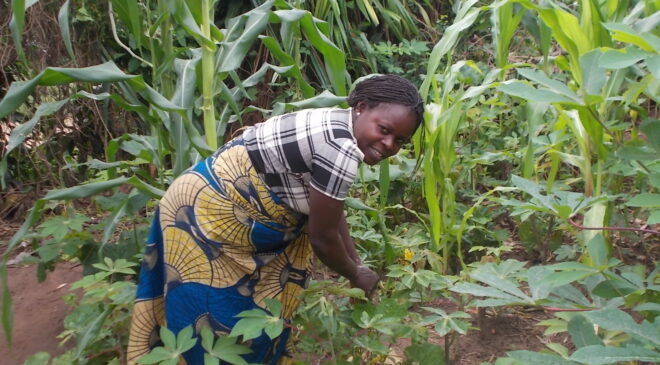
A Wpoman working in her comfield
The IITA’s works respect the 1st, 2nd and the 12th goals of UN’s Global Goals that aim to end poverty, end hunger and to foster eco-friendly production, reduce waste and boost recycling.
Financially supported by IFAD (International Fund for Agricultural Development), IITA (Head of Capacity Development Unit) developed a proposal on ‘’Youth Researching Youth’’.
According to an IPS presentation about ‘’Challenges and Opportunities’’, 70 per cent of the labor force is in the agriculture sector; 65 per cent of this labor force is based in areas. Africa’s food bill will reach $110 billion by 2025 if nothing is done to improve agriculture output.
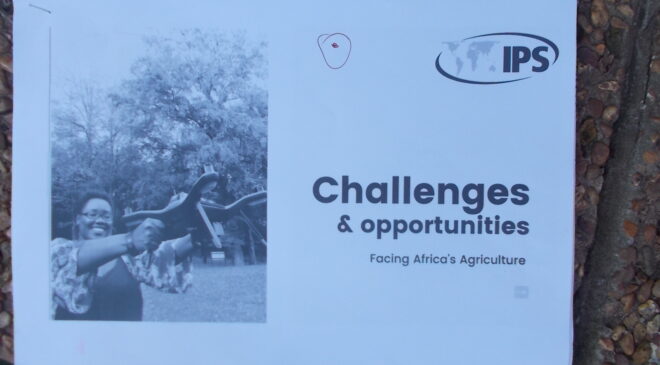
An IPS Presentation
In another IITA’s presentation entitled ‘’Skills and Youth’s Participation in the Agricultural Sector’’, an IITA CARE Research Fellowship Project, Khadijat Busola Amolegbe (Department of Agricultural Economics an Farm Management, University of Ilorin, Nigeria) illuminates : “Socio-emotional and digital skills training should be included in interventions targeted at motivating youth to participate in the agricultural sector. Stimulate innovation and increase productivity; help prepare for counter the new and merging challenges along the agricultural value chain”.
“I agree with IITA’s works, because ‘’Food and Nutrition Security” are among human rights”, Papy Tufula, an agricultural engineer in Democratic Republic of Congo says (END)


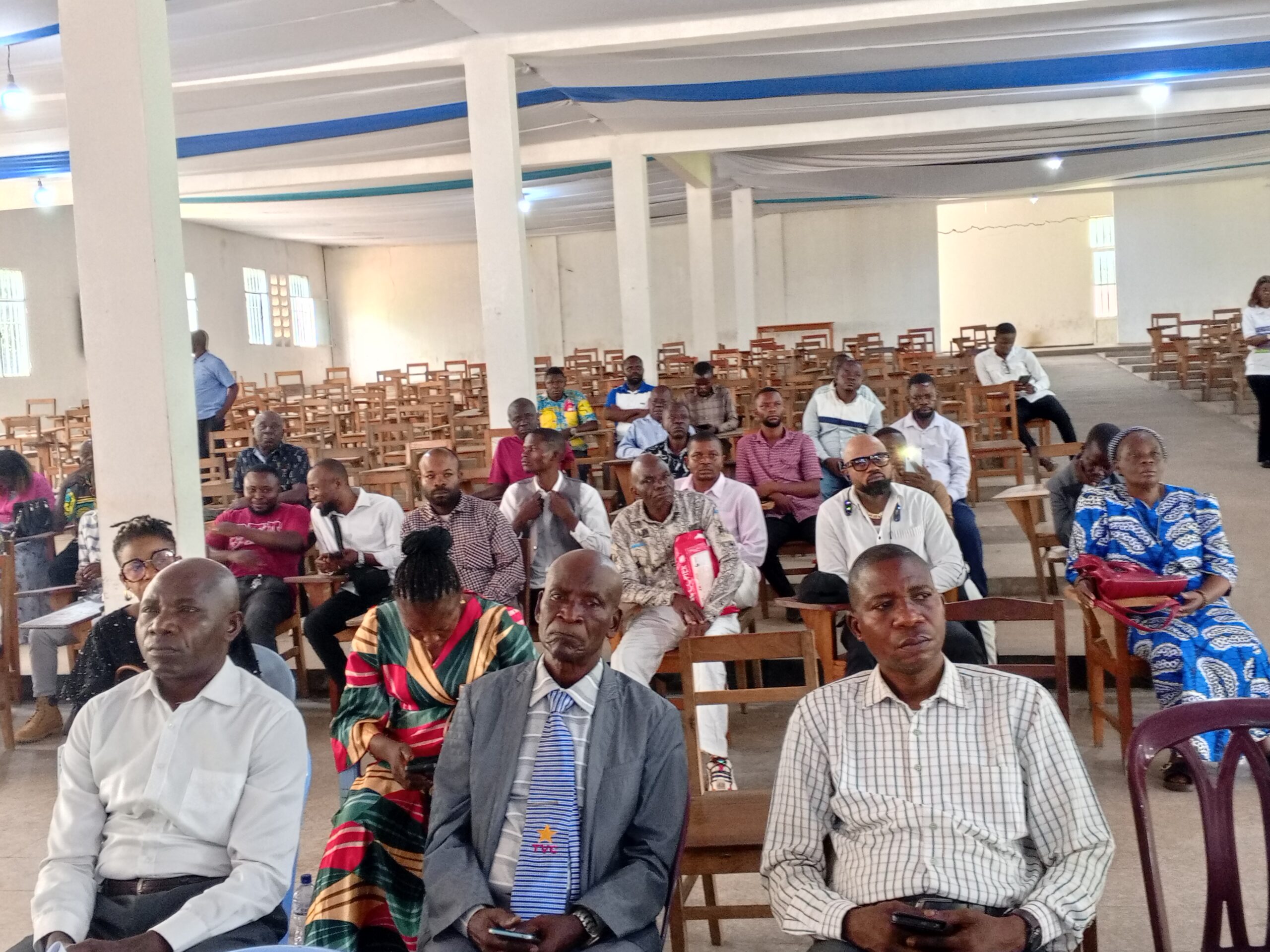
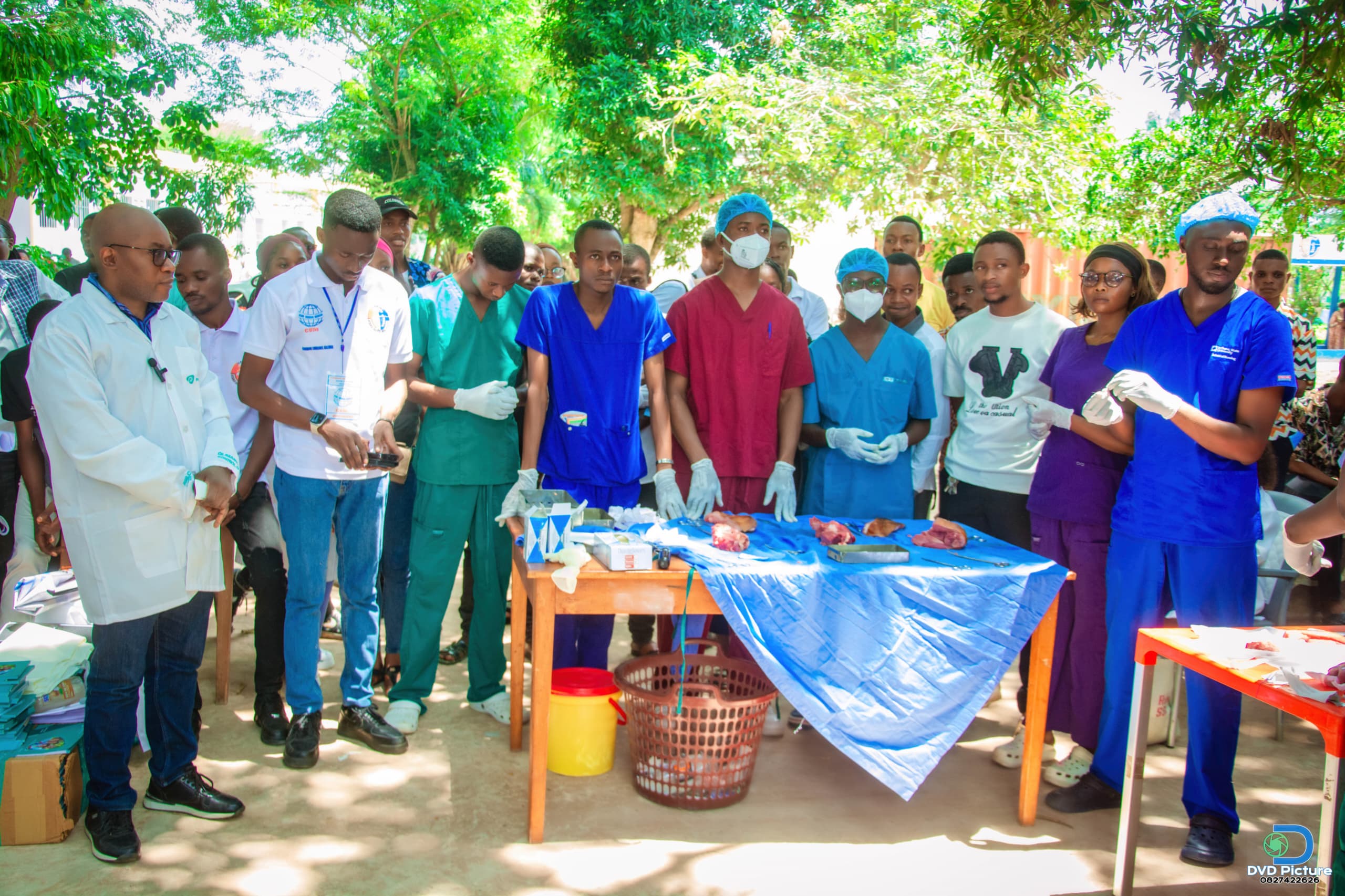
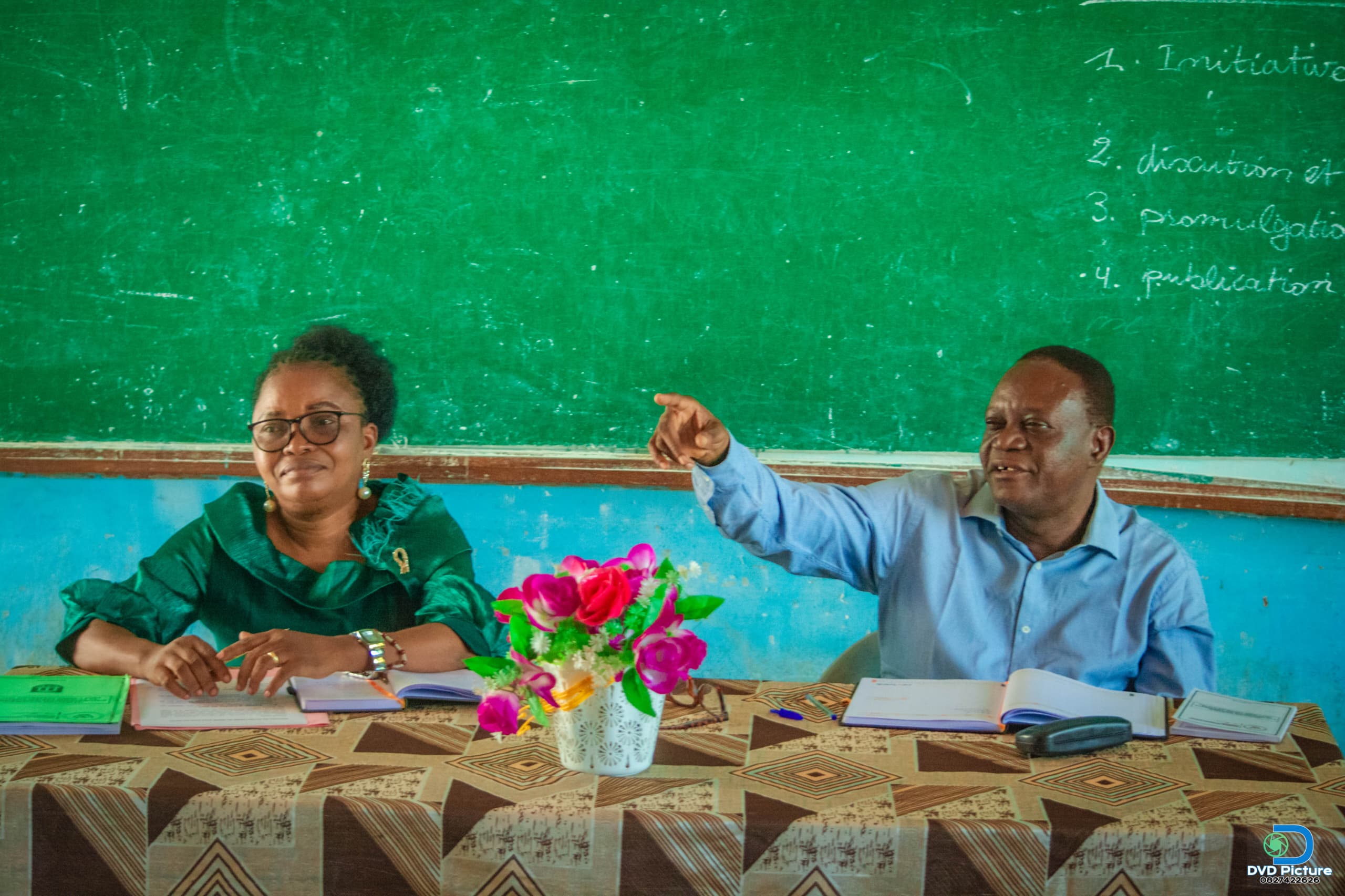
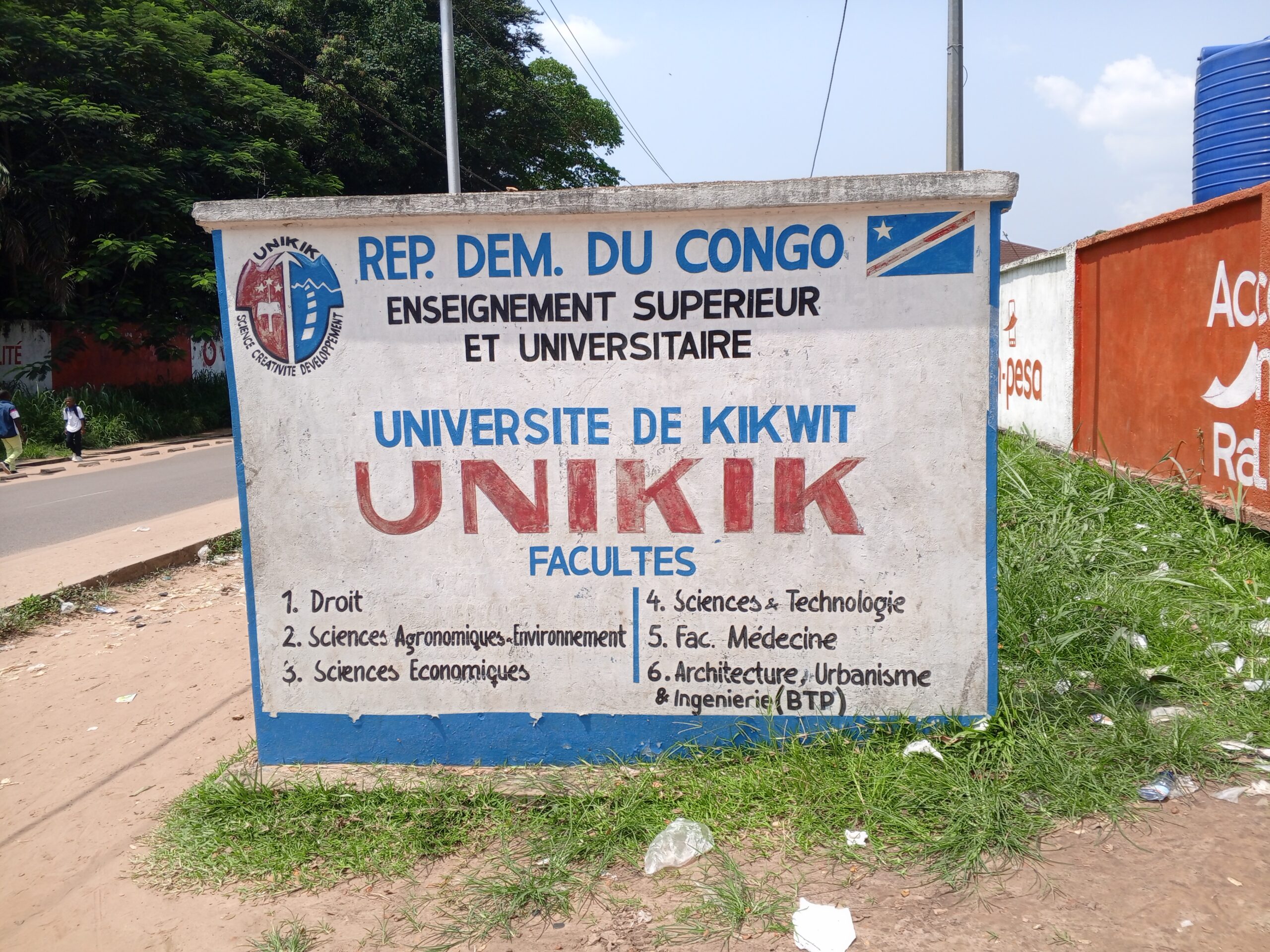
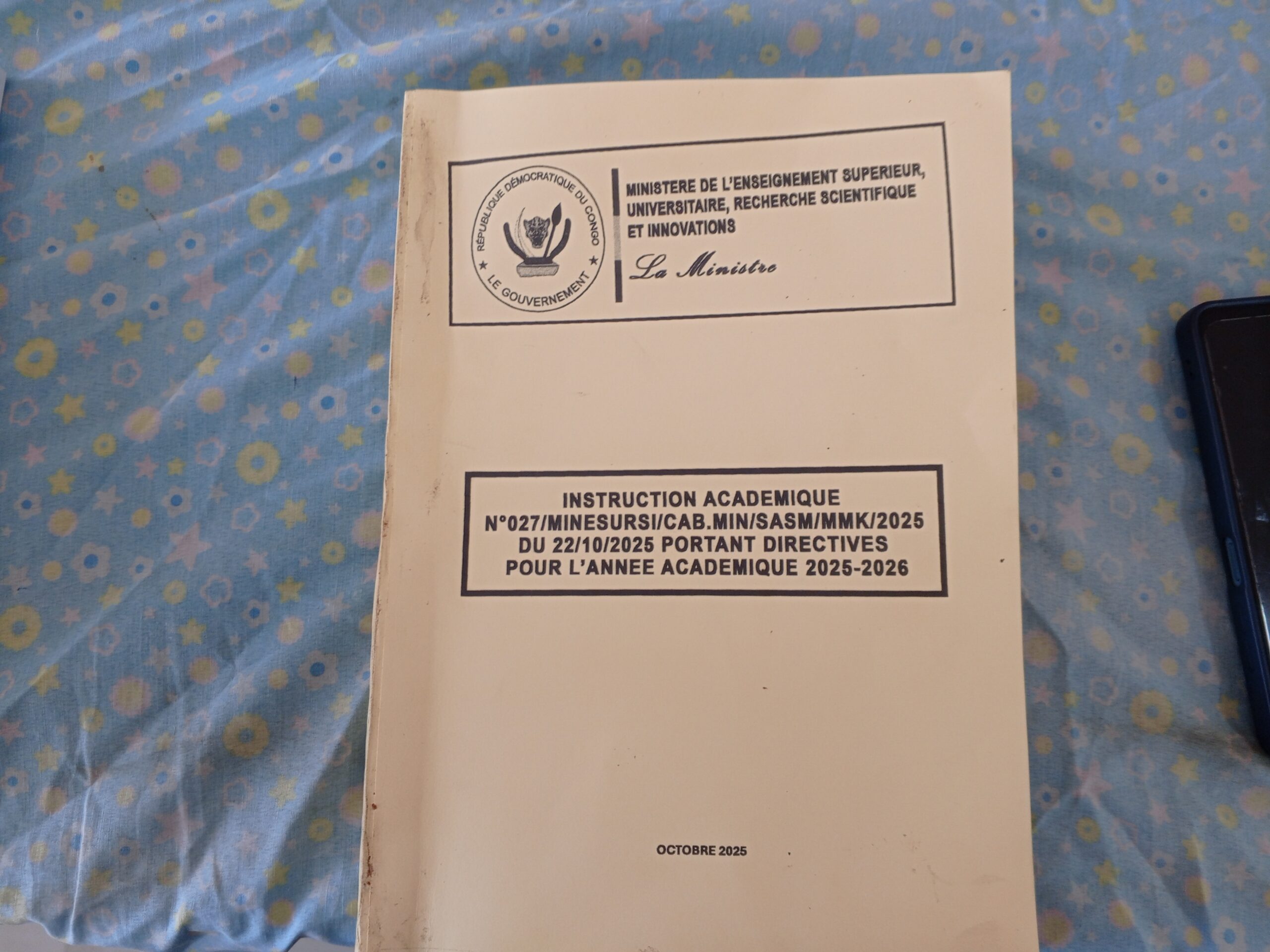


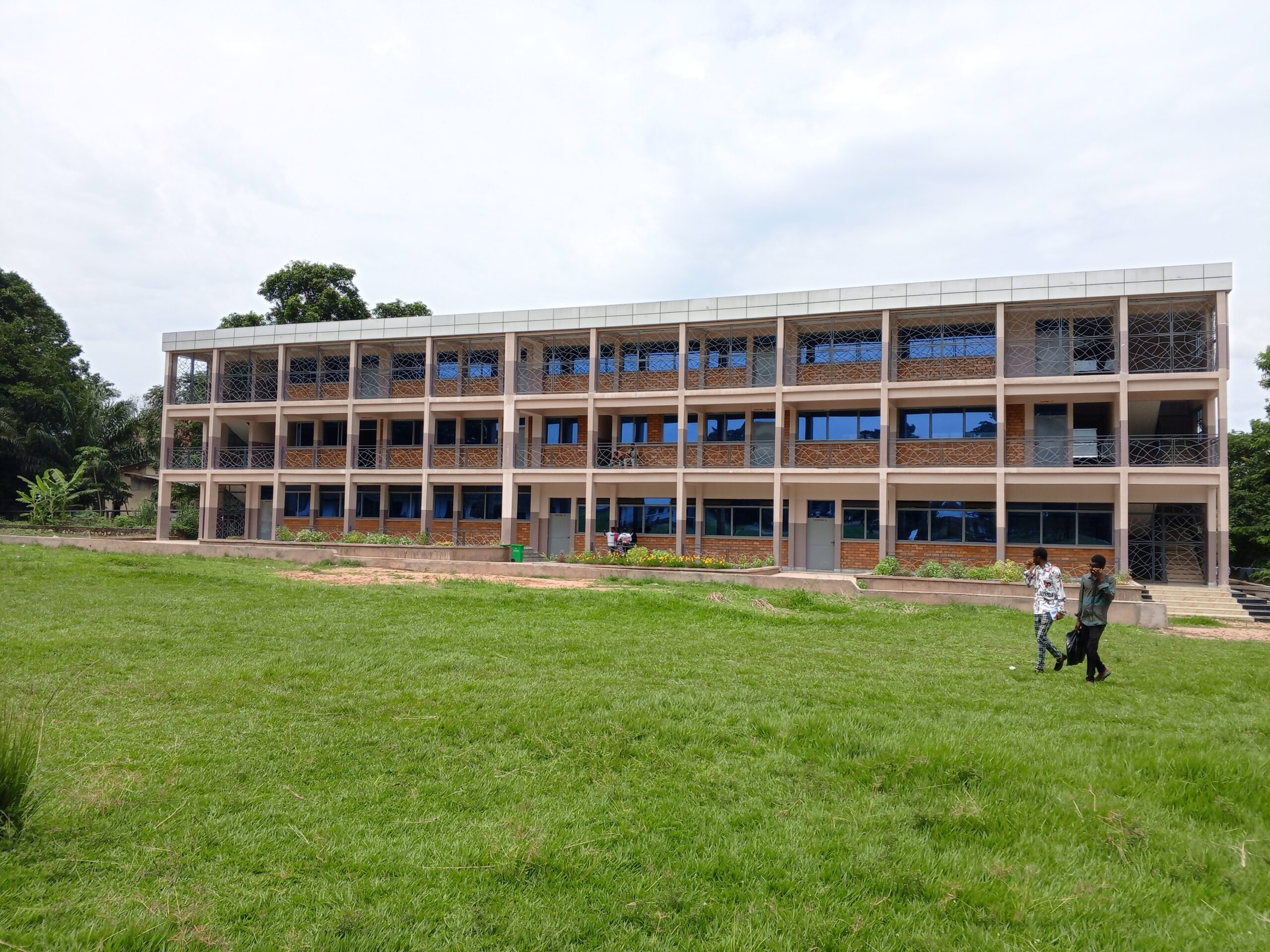


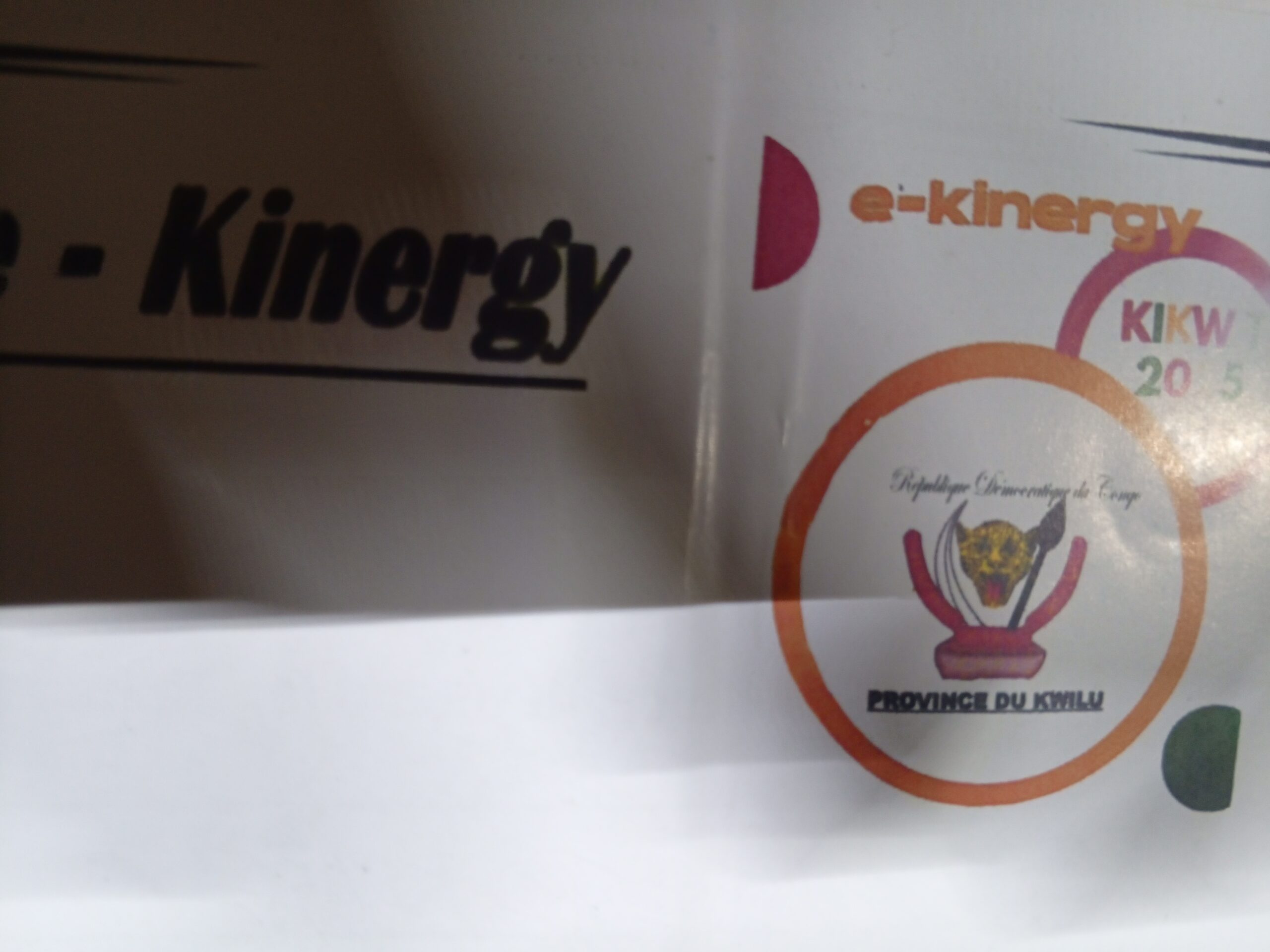
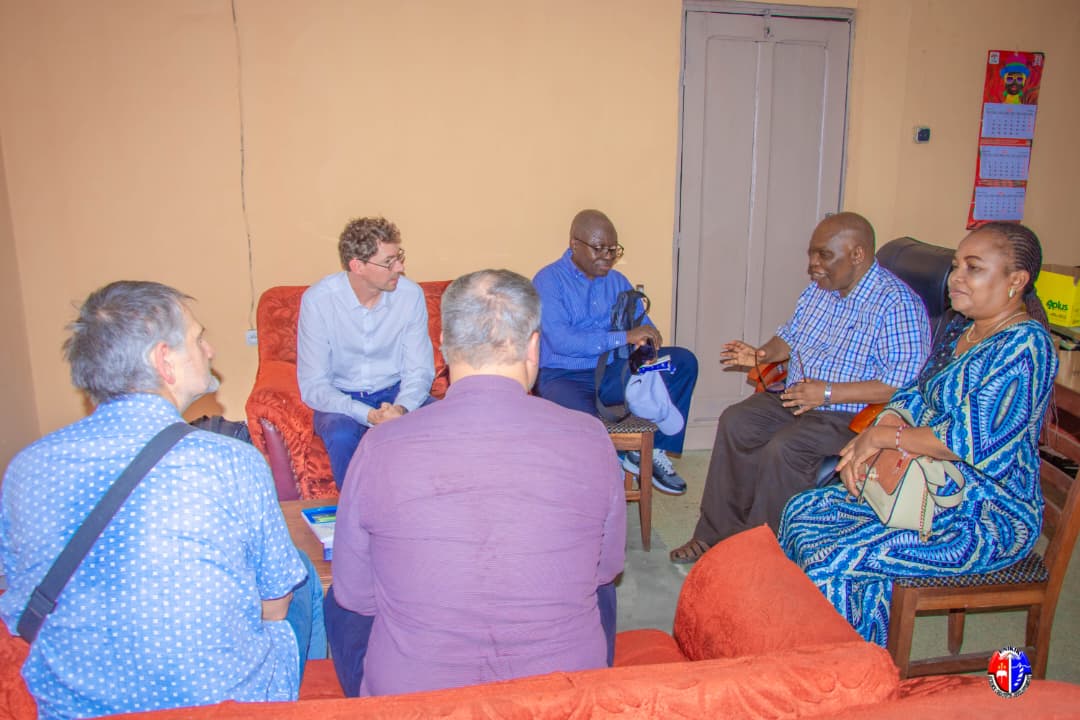
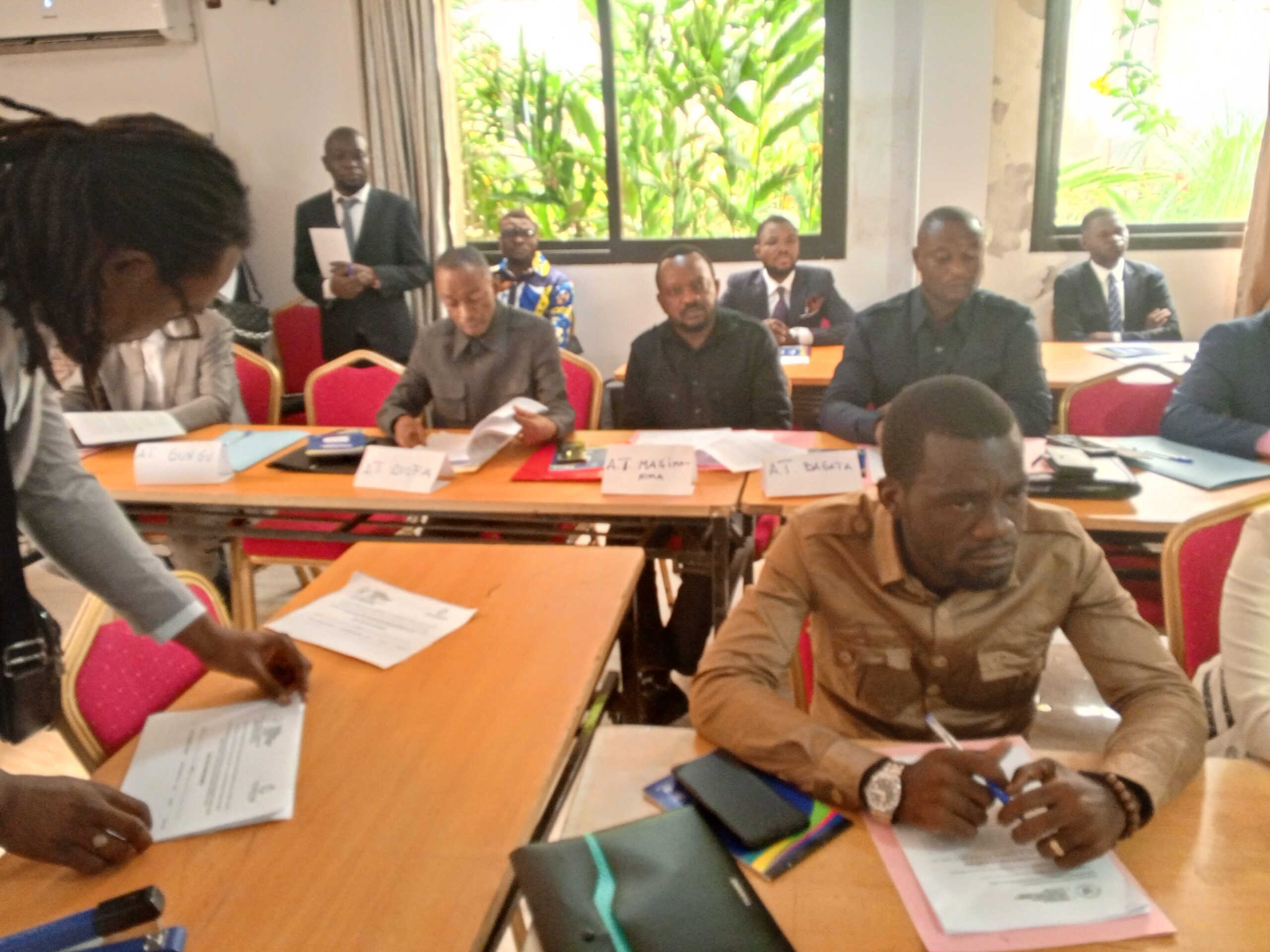
Leave a Reply